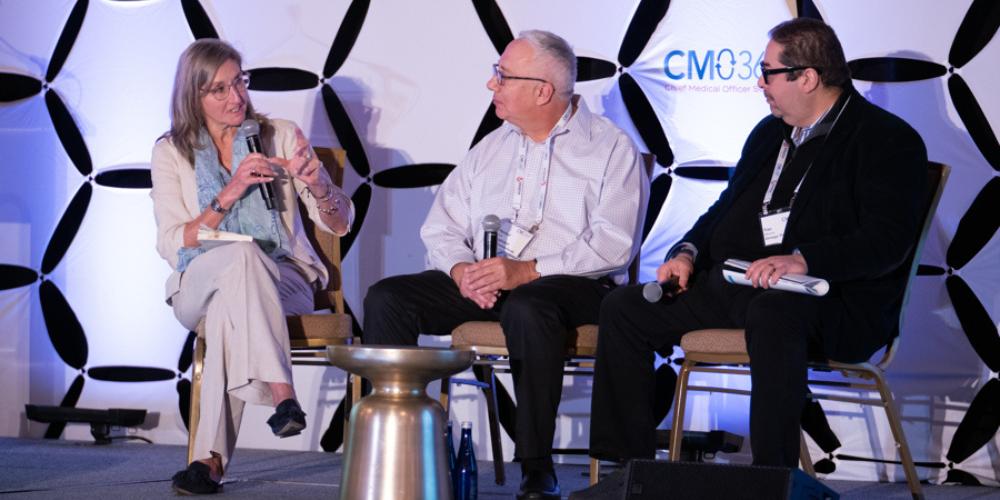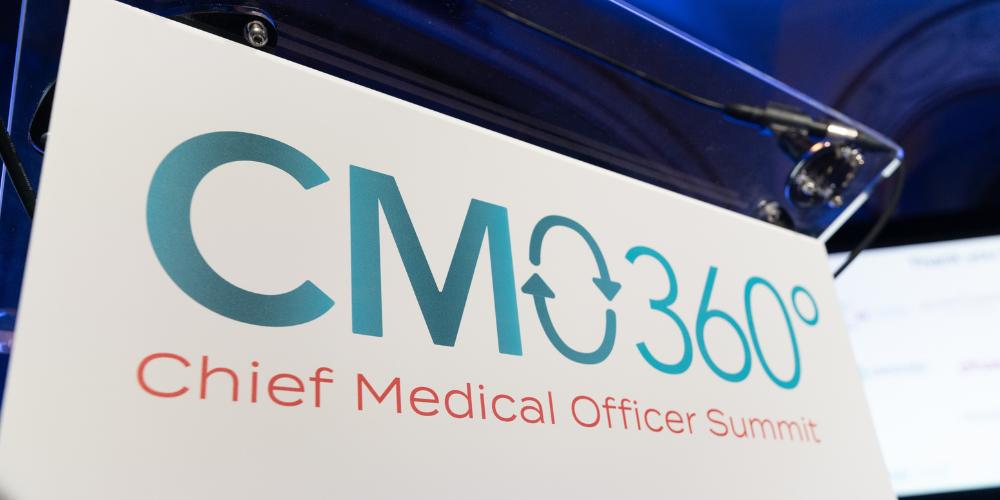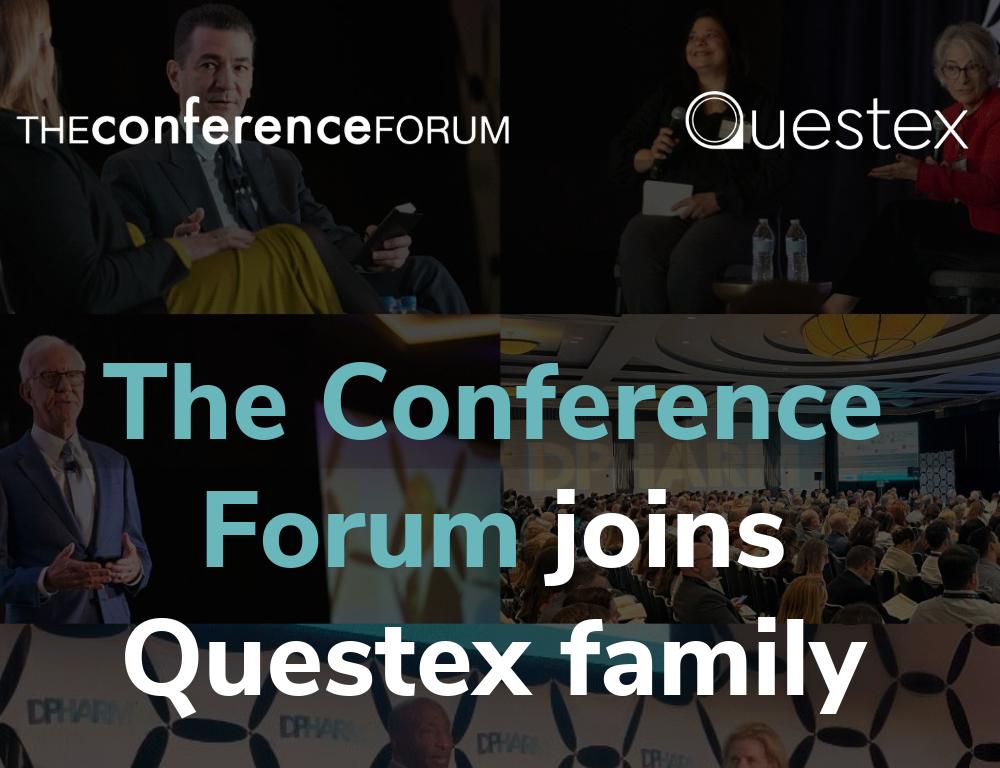
How should CMOs think about M&A?
When you join an executive committee team, you should be prepared that at some point the company may be acquired and the implications of that. For example, I would recommend you do some soul searching about whether you’re the kind of person who would want to transition with the company as it is acquired or join or build a new organization. You need to think about this before you’re in the hot seat because by then it will be more difficult to step back and think about opportunities, options, pros and cons.
That also depends on the acquiring company. You need to do your due diligence on the new company by meeting with board members and the C-suite to understand the culture and understand if you want to join this particular company. Also, they may not have a role for you after acquisition so you need to protect yourself to financially recoup your investment of time and energy.
What can CMOs do to prepare for M&A?
You need to talk to a contract lawyer to make sure you are protected in case of “change of control.” This can mean writing into your contract that certain protections are triggered should the company or a percentage of the company be acquired. This can include a severance package, healthcare and other benefits. These packages can be quite significant depending on your level of seniority so it’s worth spending time with a contract lawyer and worth negotiating with the recruiter and company. Just like it’s important yet unpleasant to have this discussion in a romantic relationship before a wedding, you need to ensure that if push comes to shove, everybody is happy.
The other element here is that generally as a CMO you are offered company equity, which vests over time. In the case of an acquisition, theoretically you only own the vested stocks. So if your company is acquired in year two and you have a package that vests over five years, technically you lose three years of the equity vesting. So it is very important to have “accelerated vesting” in your contract whereby stock options that have not been vested in the time of change of control accelerate so you have the opportunity to acquire them at the initial negotiated price. So if the company is acquired at a higher value, you get the difference and the totality of your package of your initial allocation. This is called a “double trigger.” I think the most important things to negotiate in your contract are the change of control, the qualifier for change of control, and the accelerated vesting.
"The most important things to negotiate in your contract are the change of control, the qualifier for change of control, and the accelerated vesting."
What does the due diligence process for acquisitions look like?
Pharma due diligence is pretty intense. VCs and other equity investors can also be intense but big pharma have the end in mind while investors may think about coming out of the investment at earlier points to make money on their investments. Pharma generally is making the bet that this is a product that will mature and be filed and hopefully approved so their due diligence takes more time. Pharma cares about probability of filing and commercial outlook.
It’s great to speak to big pharma because as a CMO you probably worked there at some point and know the language and what they look for. That makes for slightly different discussions because early investors also cash out early while pharma partners look beyond the horizon by investing a lot and also watching over your shoulder a lot. They may also be deeply involved in your development plan depending on the stake they take in the company. For some companies, this is how M&A happens: first there is a partnership so the pharma company can see under the hood and then there is a more complete acquisition.
What happens during the M&A conversations?
Especially for the CMO, the discussions are similar to those with venture partners and equity investors. They ask about the clinical development plan, the safety profile, early efficacy, proof-of-concept, how your projects are differentiated from the competition, and potentially specific pointed questions that you need to look into. You need to be patient because big pharma moves slowly.
As with fundraising, much of your role as CMO shifts to those financial discussions and due diligence so you need an internal team that can act autonomously which itself costs more money than using contractors which can also add a point of stress.
There are also issues of legal compliance with healthcare laws and data protection laws internationally. And there may be questions a big pharma asks that, as a small biotech, you haven’t needed to think about. For example, you may not have SOPs for a specific scenario which is fine for a small biotech not up to that stage. Like everything else in life, 90 percent of the effort comes in the last 10 percent of the time of negotiation.
"Especially for the CMO, the discussions are similar to those with venture partners and equity investors. They ask about the clinical development plan, the safety profile, early efficacy, proof-of-concept, how your projects are differentiated from the competition, and potentially specific pointed questions that you need to look into."
What does deal closing look like?
You never know if the deal is gonna close until the deal closes. In the meantime, you need to continue to hire people. You need to prepare what you’re going to tell them if the deal goes through.
During the merger itself, the Federal Trade Commision looks into the legality of the merger and whether there is a risk of unfair competition and ensuring compliance with antitrust regulations. There is also a lame duck period where the deal is officially greenlit but you can’t discuss with counterparts. There is definitely a balancing act for people management to ensure you are transparent within legal allowances and that everyone is supported.
What is your advice for CMOs after the acquisition?
Unless you’re being acquired by a company that is not yet clinical, it’s very likely that they already have a clinical team and CMO. And if it is a bigger company, that CMO probably has a bigger perimeter of responsibility. This could mean that in the new organization, you won’t be facing investors anymore or be part of the C-suite or be talking to the board, which is pretty much half the job of the biotech CMO. You end up as a clinical lead in an organization with many other clinical leads. That’s okay if you’re in an organization that has clearly delineated your new perimeter of responsibility.
If you aren’t interested in joining a big company, you need to be prepared for transitioning out and getting a new job. That means nurturing your network, reading the literature and working with recruiters. Never hang up on recruiters. Keep in touch with the ones you feel understand your profile best. Even though you know and they know that you aren’t necessarily interested in new roles, when you take the time to nurture that relationship you end up with a win-win when you are looking for your next role.
Anything else?
There is always a need for people who have been through this. For the next company, people look for people who have been through fundraising, investor interactions, board interactions, IPOs, M&A, layoffs, etc. You learn through all of these ups and downs and people ask about this in job interviews. It’s about being nimble. If you can handle well in these situations you will have new opportunities.








